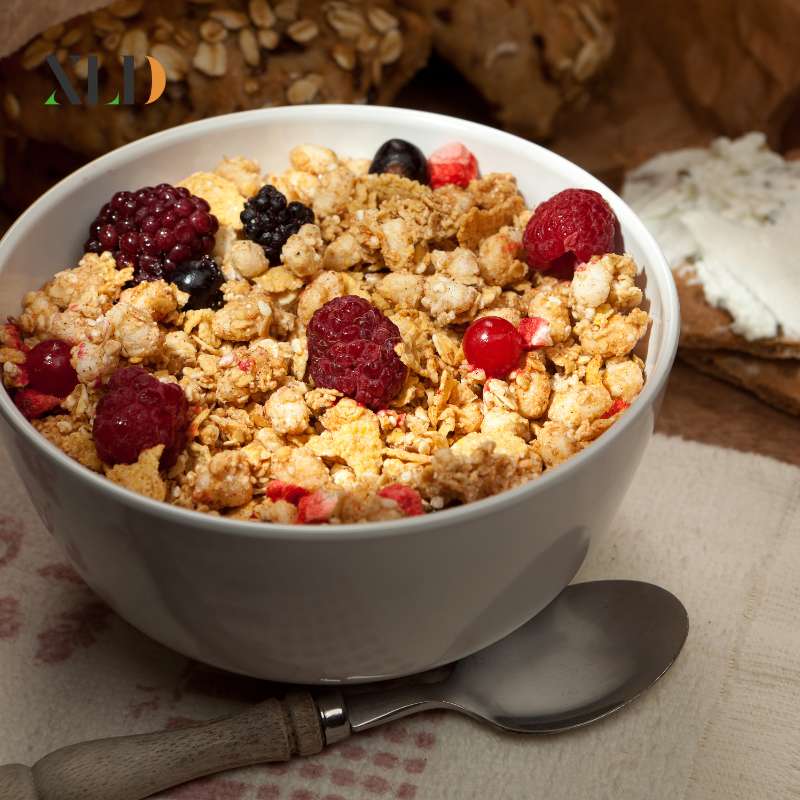
As environmental concerns continue to grow, consumers are increasingly looking for brands that prioritize sustainability. Packaging, a critical component of product presentation and protection, has a significant environmental footprint. Modern brands need to make conscious choices about their packaging materials and processes to align with the demand for eco-friendly practices. Rollstock packaging offers an effective solution that addresses both environmental concerns and the practical needs of high-volume production.
Packaging is essential for protecting products, extending shelf life, and ensuring they reach consumers in optimal condition. However, the production and disposal of packaging materials contribute significantly to environmental issues such as resource depletion, pollution, and landfill waste. Traditional packaging methods often involve excessive use of non-recyclable materials, resulting in a larger carbon footprint.
For example, Unilever has taken significant steps toward sustainability by switching to rollstock packaging made from recycled plastic for its Dove soap brand. This move has not only reduced their plastic usage but also aligns with their broader goal of using 100% recycled plastic in their packaging by 2025. This shift represents how large companies can lead the way in sustainable packaging practices.

Rollstock packaging presents a more sustainable alternative, offering several key benefits that help reduce environmental impact:
Material Efficiency: Rollstock packaging uses less material than pre-made packaging options, as the film is cut and formed to the exact size needed. This precision reduces material waste. For instance, Nestlé, with its Purina pet food products, utilizes recyclable rollstock films to significantly reduce packaging waste as part of its commitment to making all packaging recyclable or reusable by 2025.
Lower Carbon Footprint: The production of rollstock film typically requires less energy compared to the production of pre-formed packaging. Kellogg’s, for example, uses bio-based rollstock films for some of its breakfast cereals, which are made from renewable resources, reducing the reliance on fossil fuels and lowering their overall carbon footprint.
Recyclable and Biodegradable Options: Many rollstock films are available in recyclable or biodegradable materials. Mondelez International, the company behind Cadbury chocolates, has introduced recyclable rollstock packaging for its chocolate bars, helping to reduce plastic waste and support a circular economy.
Reduced Transportation Impact: Rollstock packaging is more compact and lightweight than traditional packaging, leading to fewer transportation requirements and reduced fuel consumption. For instance, L’Oréal has adopted post-consumer recycled (PCR) rollstock films for various cosmetic products, aligning with their sustainability goals and reducing their environmental impact.
These examples highlight how some of the world’s leading brands are successfully transitioning to sustainable rollstock packaging. By adopting recyclable, biodegradable, or bio-based rollstock films, these companies are making tangible efforts to reduce their environmental impact while maintaining product integrity and consumer appeal.
For example, Unilever’s use of recycled plastic rollstock for Dove soap and Kellogg’s switch to bio-based rollstock films for its cereals show how companies can reduce material usage and energy consumption. Nestlé and Mondelez International are further demonstrating the viability of recyclable rollstock solutions, making a strong case for their adoption across various industries.

At XLD Packaging, we understand the critical need for sustainable packaging in today’s market. That’s why we offer a variety of eco-friendly rollstock materials designed to help brands reduce their environmental impact while maintaining high standards of product protection and presentation.
eco-friendly materials: Our rollstock films include recyclable and biodegradable options, ensuring your packaging aligns with your sustainability goals. For example, if you’re a brand focused on organic or natural products, we can provide packaging solutions that reflect your commitment to the environment.
Customized Solutions: We collaborate with our clients to create rollstock packaging that meets their specific needs while supporting their environmental initiatives. Whether you need packaging that offers superior barrier properties for food products or lightweight options to reduce shipping costs, XLD Packaging has the expertise to deliver.
Sustainability Expertise: Our team is dedicated to helping brands navigate the complexities of sustainable packaging. We provide expert guidance on material selection, production processes, and end-of-life considerations to ensure that your packaging is as eco-friendly as possible.
As consumer demand for environmentally responsible products continues to rise, brands must adapt by choosing packaging solutions that minimize environmental impact. Rollstock packaging offers a practical and effective way to reduce material usage, lower carbon footprints, and support recycling efforts, making it an ideal choice for modern businesses committed to sustainability.
By partnering with XLD Packaging, you can access a range of eco-friendly rollstock options that meet your specific needs while helping you achieve your sustainability goals. Together, we can create packaging solutions that protect both your products and the planet.